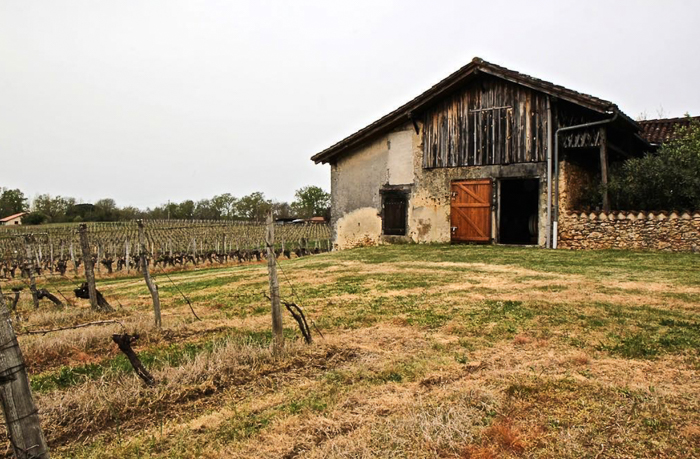Cottage Industry

Part of the reason Armagnac continues to resonate with me as a booze consumer has to do with the way the industry is run. That's because there is no real Armagnac industry. It's just a bunch of barns, farms, and cottages that have a few vineyards nearby and a few barrels in the shed. They are not distilleries. Ninety percent of them do not even have production centers; they rely on a traveling stillman to do the actual distillation once a year after the harvest is done. Few, if any, use brandy sales as their sole source of income. Prices are reasonable because supply is high and demand is low. It's seen more as a commodity. The cost of a bottle depends on how much it cost them to produce it, plus any appreciation from maturation over the years. It's a very simple formula for a very simple way of living and doing business. It's every bit the romantic ideal you think it is. It's what business used to be.
While it's nice to imagine the American craft distillation business as a cottage industry because it seems so homey, like a local farmer's market with handmade jams and jellies, it isn't. First off, there's so much overhead involved with starting your own distillery between equipment, permits, licenses, and red tape that you'll be lucky to ever get out of debt with production as small as it is (similar to student loans today: $150,000 for a BA? To do what?). It's for that very reason that craft spirits cost more money even though the flavor doesn't always warrant it. Then there's the distribution side. You can't sell directly to the public as a distillery (although distillery gift shop laws have loosened), so you have to pay a middleman and a retailer. That makes the bottle price even higher, even though the actual profits to the distiller are lower.
So how do you become profitable as a craft distiller? When do you get out of the red and into the black? When you sell the company. Business today is speculative, especially in the booze game. Equity is no longer about actual profit, but rather market share or perceived value. Silicon Valley investments can go nowhere so long as they hit the jackpot every once and a while. That one home run pays for all the strike outs. Starting a small distillery today is like buying a house in the Bay Area. It might have been worth it 15-20 years ago as an actual lifestyle decision, but today the amount you'll pay will never justify itself as a practical purchase. Therefore, it's almost purely speculative at this point. Who plans to actually LIVE in a $1.4 million studio?
That's why I'm back here at my desk asking myself: who is actually starting a business today to actually run it? To find a way to be profitable as an actual operation, not as an investment with profit payouts to shareholders when the sale happens five to ten years down the line? The only people I know who can afford to start a distillery today made their money elsewhere previously (same with those buying a house in the Bay to actually live). Is there hope for anyone else?
Time to pour myself some Armagnac.
-David Driscoll
